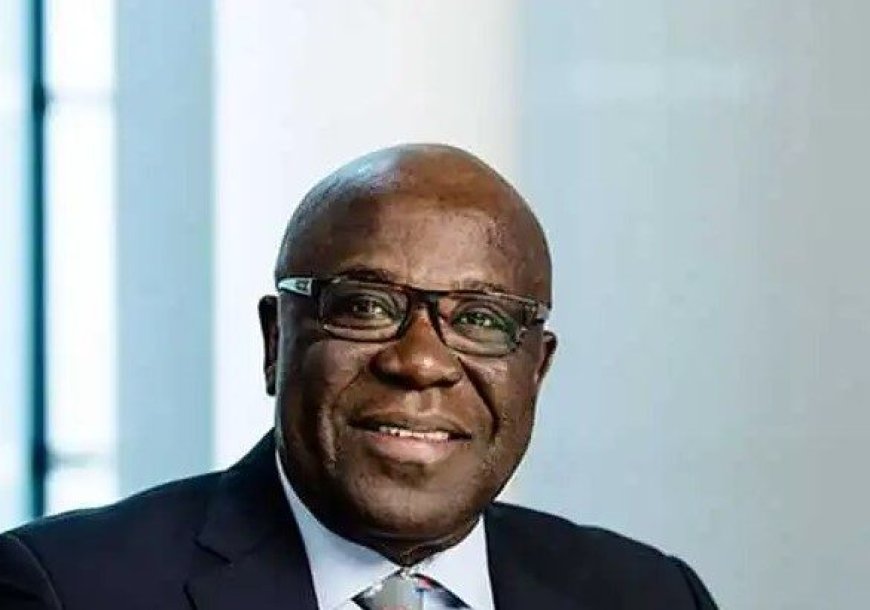UT Bank Collapse: Sir Sam Jonah Decries ‘Economic Injustice’
Renowned businessman and Executive Chairman of Jonah Capital, Sir Sam Jonah, has strongly condemned the collapse of UT Bank, describing it as an act of economic injustice with far-reaching implications for Ghana’s private sector.
Speaking at the launch of The UT Story: Volume 3 by Prince Kofi Amoabeng, Sir Sam Jonah criticized the government's decision to shut down six banks, stressing that such actions deter entrepreneurs from undertaking ventures that could drive economic transformation. He underscored the importance of shielding businesses from excessive political interference to ensure sustainable growth.
According to him, excessive government intervention erodes investor confidence and hinders long-term economic progress. He called on authorities to cultivate a stable and predictable business climate that encourages innovation and enterprise.
Reflecting on the closure of UT Bank, Sir Sam Jonah described it as a painful chapter in Mr. Amoabeng’s journey, illustrating the harsh realities businesses face when entangled with political power. He condemned the seizure of the bank as one of the most egregious acts of economic injustice, driven by malice, deceit, envy, and jealousy.
“The collapse of UT Bank was not just the failure of a financial institution; it was a severe blow to the idea that Ghanaians can build successful enterprises and compete at the highest level,” he lamented.
He further warned that the bank closures sent a chilling message to entrepreneurs—that regardless of their diligence, compliance, and hard work, their success could be undone by those in power. He urged policymakers to draw lessons from these events and prioritize fostering a business-friendly environment that nurtures rather than stifles ambition.
For his part, Prince Kofi Amoabeng, the founder of UT Bank and author of The UT Story: Volume 3, remained optimistic about his future endeavors. While acknowledging the loss of the bank, he expressed his commitment to a greater vision—not just reviving a bank, but cultivating a new generation of leaders with strong values to reshape Ghana’s business landscape.
“The vision is not necessarily about bringing back UT Bank. It is about mentoring and grooming leaders who will redefine the narrative and drive meaningful transformation,” Amoabeng stated.
The collapse of UT Bank remains a significant moment in Ghana’s financial history, with lasting implications for investor confidence, entrepreneurship, and economic policy
What's Your Reaction?



















































































